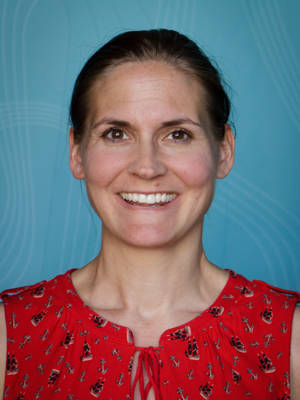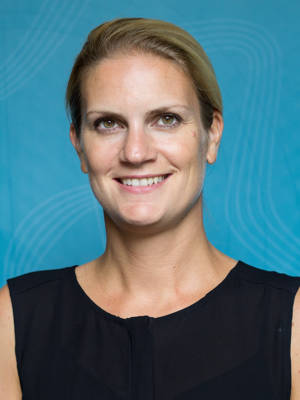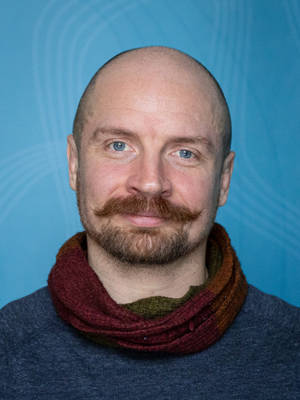In 2022, more than one in six of the world’s children were living less than 50 km from violent conflict events. A grave violation that specifically harms children during conflict is attacks on education (AoE), where schools, students, and teachers are attacked by armed actors. The impacts can be dire, not only in the immediate aftermath but also in the longer term. EdAttack represents the first systematic attempt to study attacks on education and their short- and long term consequences for children in affected areas. First, we use state-of-the-art methods from data science and machine learning to construct a georeferenced dataset on AoE across sub-Saharan Africa for the period 2000–2025, based on thousands of text sources. Second, combining our AoE data with georeferenced survey data, we seek to identify the causal mechanisms connecting exposure to AoE with educational loss, child labour and child marriage – three interlinked factors that reduce children’s life opportunities. To identify these causal processes, we will conduct key informant interviews and focus group discussions in Uganda, with cohorts of youth, parents, local leaders, and elders from communities that experienced AoE at various points in time. Third, to explore the impact of international interventions and national policies, we combine statistical methods with fieldwork and stakeholder interviews in DRC. EdAttack’s findings will provide crucial knowledge for the formulation of policies to reduce the harmful effects of AoE.
This project is led by Gudrun Østby and funded by the Norwegian Research Council.













